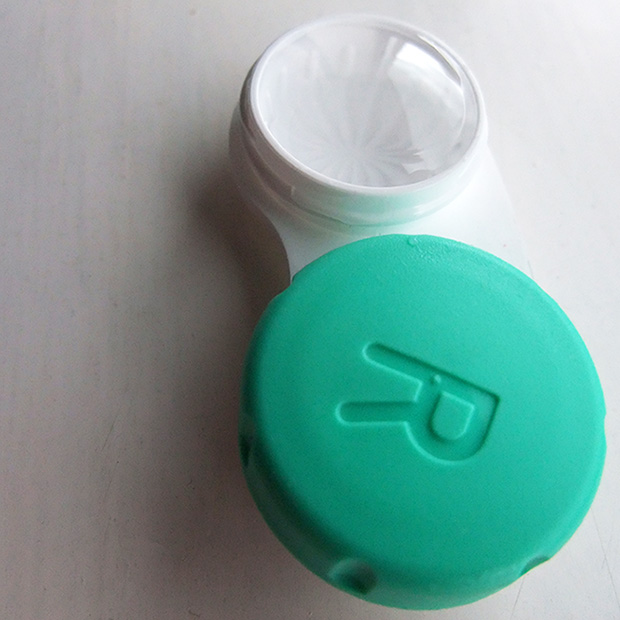Contact Lens Care And Safety

Whether you prefer glasses or contacts, there are specific things you need to do to take care of them.
This is one area where glasses-wearers have it easier — no matter how well or poorly they maintain their glasses, it won’t impact the health of their eyes, which is not at all the case with contact lenses. That’s why we’re dedicating a blog post to giving contacts-wearers tips on how to properly store, wash, and wear their contacts.
Basic Rules Of Contact Lens Care
Because contact lenses sit directly on the eye, they can introduce contaminants that may lead to serious problems. Don’t worry, though; you can avoid these problems as long as you practice proper contact lens hygiene. Here are a few basic rules to follow to keep your contact lenses (and your eyes) germ-free:
- Always wash your hands before putting your contacts in.
- Always clean and store your contacts in fresh contact lens solution. Do not reuse old solution!
- Wash the case with solution, not water, allow it to dry between uses, and replace it at least every three months.
- Never store or clean your contacts in water. Harmful microorganisms live in virtually every source of water on Earth, and these microorganisms love to burrow into hydrogels like your contact lenses.
- Pay close attention to the instructions for how long to use a pair of contacts before replacing them.
Avoiding Irritation And Infection
How well you take care of your lenses when they’re out of your eyes is only half of the equation. The other half is what you do when the lenses are in. Make sure you’re sticking to the following rules:
- Try not to rub your eyes. You could dislodge or damage the contact and introduce oils and germs from your fingers into your eye, and rubbing will more likely increase irritation than decrease it.
- Stay hydrated, blink often, and use eyedrops recommended for contacts-wearers as needed to keep your eyes sufficiently moisturized. Dry eyes aren’t fun for anyone, but especially people with contacts.
- Follow the instructions on how long to leave your contacts in. Only wear them overnight if they are specifically designed for it and we’ve given you the okay. The surface of our eyes get oxygen directly from the air, and wearing the wrong pair of contact lenses for too long can starve them of oxygen and cause serious discomfort. Dry eye and infection are other risks of extended wear of the wrong lenses.
[iframe https://www.youtube.com/embed/4E-mLIEbllQ?rel=0 620 349]
Having Trouble? Come See Us!
If your contacts are continually causing irritation, you’re having trouble putting or keeping them in, or you feel there may be a more serious issue going on, don’t hesitate to call us or come to our practice! We’re here to keep your eyes healthy, and we love helping you. And even if you aren’t having any problems, keep scheduling regular checkups so we can keep your prescription up-to-date and make sure your eyes are staying healthy!